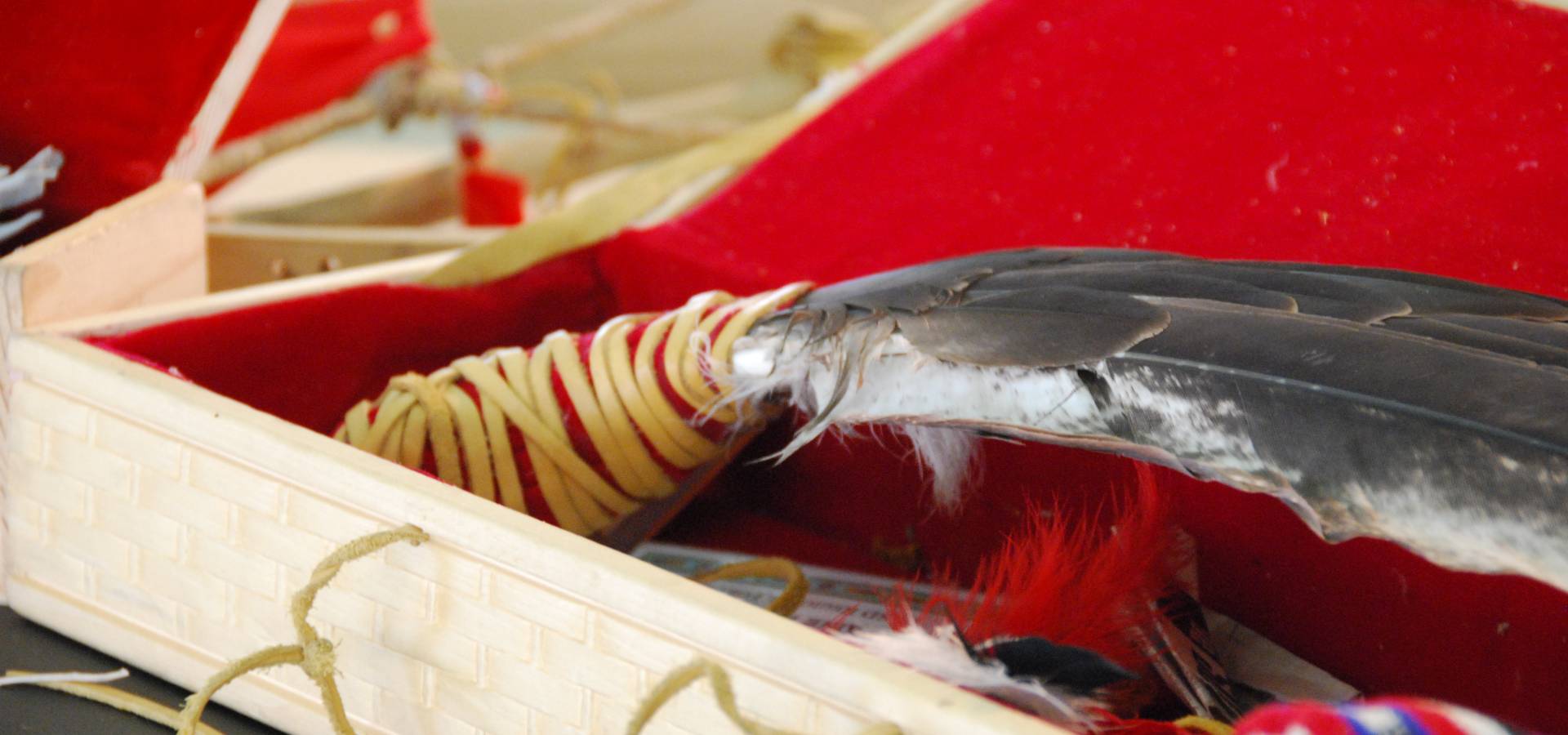The "Oka Crisis", also known as the "Kanehsatake Resistance", was a land dispute between a group of Kanienkeha'ka people and the town of Oka, Quebec. The dispute which began on July 11, 1990 and lasted until September 26, 1990, with two fatalities. After 32 years, one would like to think the dispute had been resolved. However, unfortunately it continues today. Explore with us why! This is a brief overview of the event. The event was held primarily in French with English interpretation, which was a good experience for IofC Canada! More than a third of the registered attendees at the event were French speakers, which is the largest Francophone participation we have ever seen and is a testament to our commitment to continue delivering our content in both French and English to help build bridges between all our peoples. To prepare for the event, participants were invited to view the documentary Kanehsatake, 270 Years of Resistance on youtube Link HERE.
The invited facilitator for the evening was Marie Émilie Lacroix, an Innu from Mashteuiatsh, Quebec, who lives on the south shore of Quebec City. Marie Émilie is actively involved in the Trustbuilding Project which has been implemented in collaboration with IofC International in Quebec since 2019. Circles on Indigenous Worldviews - Oka: A Crisis or a Resistance of Indigenous People: Why the Oka Crisis? What do we learn from it?
The evening was a good opportunity to hear the testimony written by Richard Weeks from Ottawa on how Initiatives of Change Canada engaged with the Kanienkeha'ka before and after the Oka ‘crisis’ of 1990. Many actions were taken including hosting the Chant de l'Asie troupe (Song of Asia) in 1976, visiting members of the Kahnawake community at various times; bringing some supplies to the Kanienkeha'ka community by boat during the blockade of the Mercier Bridge; searching for ways of meaningful dialogue with the authorities; and the visit of Laurent Gagnon, leader of IofC in Quebec, to Caux, Switzerland, with two Kanienkeha'ka women. At this event there was a confrontation between the two Kanienkeha'ka women and Laurent Gagnon which then led to a deep reconciliation between Laurent, a Quebecer, and these two Indigenous women.
In her presentation, Marie Emilie took the participants on a journey from the past to the present through the Oka ‘crisis’, which she prefers to call ‘the resistance'. According to Marie Emilie, the title of this event has meaning depending on the point of view from which one looks. From the Indigenous point of view, it is a resistance among others which took place in the past but which were not publicized, whereas for the Quebecer, the crisis was a difficult moment, of social disturbance in particular with the blocking of the Mercier Bridge.
While, historically, Indigenous peoples have defended themselves when dispossessed of their lands or offered to negotiate, this was, in fact, the first time in Canadian history that Indigenous peoples in making a stand to save their sacred ancestral graves from the expansion of a golf course, that Indigenous people harmed the daily lives of non-Indigenous people. This was very much frowned upon and created a deep division in the relationship between the Indigenous people and Quebecers. Marie Emilie underlined the impacts of the Oka ‘crisis' on the Kanienkeha'ka community of Kahnawake and Kanesatake, especially on the women and children who were very traumatized following all kinds of violence that they underwent.
To deal with all kinds of the cultural destruction, Indigenous people have undergone, Marie Émilie underlined the importance they attach to children and their education which involves observation, listening and action; the protection of mother earth for the next seven generations, through the seven sacred teachings that are values to be applied in order to become a better person (respect, wisdom, truth, honesty, humility, courage and love). Participants actively contributed to the evening with questions and comments that enriched the presentation and Marie Émilie concluded by saying that the Oka ‘crisis’ is not yet resolved and there are other resistances across the country. She ended with a message of hope in an alliance between Indigenous, non-Indigenous people and the younger generation as she mentioned that we must seek the truth and discover it together.
Joseph Vumiliya
